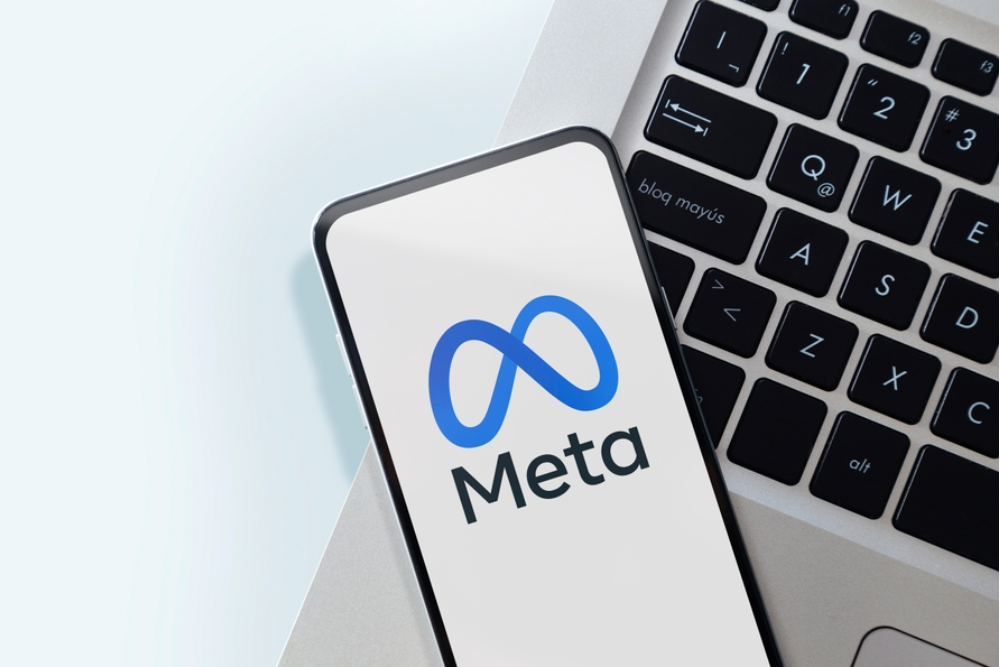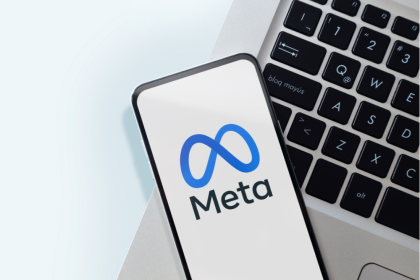When Meta shared news of reducing its Diversity, Equity and Inclusion programs on January 10, it sent ripples through the tech industry. The company’s shift arrives at a pivotal moment when Black representation in technology leadership remains staggeringly low at just 3% of Fortune 500 tech executives. The timing of this announcement, coupled with broader industry trends, has sparked intense discussion about the future of workplace diversity in Silicon Valley.
The decision comes as many tech companies face increased pressure to reevaluate their corporate initiatives amid economic uncertainties. Meta’s move particularly stands out given its previous position as a leader in corporate diversity efforts and its significant influence on industry standards.
8 critical impacts of Meta’s DEI rollback
- Employee resource groups face uncertain futures despite promises of continued support from leadership. While Meta maintains these groups will remain active, questions arise about their effectiveness without robust institutional backing and resources. The reduction in formal support could significantly impact their ability to advocate for meaningful change within the organization.
- Black professionals lose crucial advancement pathways as structured DEI programs diminish. These programs historically provided essential opportunities for career development and leadership training specifically designed to address unique challenges faced by underrepresented groups.
- Recruitment initiatives targeting diverse candidates may see reduced resources and attention. This could lead to a decline in purposeful outreach to historically Black colleges and universities, professional organizations and other vital talent pipelines.
- Mentorship opportunities for Black employees could become more limited as formal programs face cuts. These relationships often proved crucial for career advancement and professional development within the tech industry.
- Internal advocacy platforms risk losing institutional backing, potentially weakening the collective voice of Black employees and their allies within the organization. These platforms historically provided safe spaces for discussing workplace challenges and proposing solutions.
- Career development programs specifically designed for underrepresented groups face potential cuts, removing structured pathways for advancement that addressed systemic barriers in the tech industry.
- Cultural celebration initiatives may receive less corporate support, reducing opportunities for education and awareness about Black culture and history within the workplace.
- Industry-wide diversity efforts could slow as other companies follow Meta’s lead, creating a domino effect that impacts the entire tech sector’s approach to inclusion and representation.
A shifting landscape for Black tech workers
The changes at Meta reflect broader industry trends as companies retreat from diversity commitments. This pivot arrives when Black professionals already face significant barriers in tech, from recruitment to retention to advancement opportunities. The timing proves particularly concerning given the current political climate and economic pressures facing major tech companies.
Industry experts worry that these changes could reverse years of incremental progress in diversifying the tech workforce. The reduction of formal DEI programs may create additional obstacles for Black professionals seeking to enter or advance within the industry.
The role of employee communities
While formal programs face cuts, employee resource groups remain vital spaces for connection and support. These grassroots communities provide crucial networks for Black professionals navigating corporate environments. Their importance grows even more significant as institutional support for diversity initiatives wanes.
The challenge lies in maintaining the effectiveness of these groups without the same level of corporate resources and backing. Employees must now find innovative ways to sustain these communities while potentially facing reduced budgets and organizational support.
Leadership transitions raise questions
Maxine Williams’s move from Chief Diversity Officer to Vice President of Accessibility and Engagement signals a strategic shift in Meta’s approach to inclusion. Her decade-long tenure leading diversity efforts makes this transition particularly meaningful for employees who relied on her advocacy.
The restructuring of leadership roles related to diversity initiatives could have lasting implications for how Meta approaches workplace inclusion. Williams’s new position, while still focused on engagement, represents a broader shift in how the company prioritizes different aspects of workplace culture.
The data tells a story
Recent analysis reveals troubling statistics about Black representation in tech leadership. With only 3% of technology executives in Fortune 500 companies being Black in 2023, any reduction in DEI initiatives threatens to stall or reverse modest gains made in recent years.
These numbers become even more concerning when considering the pipeline for future leadership. Without structured programs supporting the advancement of Black professionals, the path to executive positions becomes increasingly challenging.
Industry-wide implications emerge
Meta’s decision could trigger similar moves across the tech sector, creating a domino effect that impacts diversity efforts industry-wide. As major players adjust their approaches to DEI, smaller companies may follow suit, potentially reshaping the entire landscape of corporate diversity initiatives.
The tech industry often looks to market leaders when setting internal policies and programs. Meta’s retreat from formal DEI initiatives may provide other companies with justification to reduce their own diversity efforts.
The path forward remains uncertain
While companies navigate changing political and economic pressures, maintaining progress in workplace diversity becomes increasingly challenging. The success of employee resource groups demonstrates the continued need for inclusive spaces, even as formal programs face reduction.
Organizations must find new ways to support diversity and inclusion without relying solely on traditional DEI programs. This may require more innovative approaches to workplace culture and employee support.
Advocacy takes on new importance
As institutional support decreases, individual and collective advocacy for diversity becomes more crucial. Employees must find new ways to maintain momentum in advancing representation and inclusion, despite reduced corporate backing.
The role of allies and supporters within organizations becomes even more vital as formal programs diminish. Building coalitions and maintaining focus on diversity goals will require renewed commitment from employees at all levels.
The economic impact
Research consistently shows diverse companies perform better financially, making DEI rollbacks potentially shortsighted from a business perspective. The long-term economic implications of reducing diversity initiatives could affect both corporate success and individual career opportunities.
Studies have repeatedly demonstrated that companies with diverse workforces and leadership teams tend to outperform their less diverse competitors. This raises questions about the wisdom of reducing investment in diversity programs, even during challenging economic times.
A moment of reckoning
This shift at Meta represents more than just corporate restructuring, it signals a crucial moment for workplace diversity in tech. How companies and employees respond to these changes could define the industry’s approach to inclusion for years to come.
The tech industry stands at a crossroads regarding its commitment to diversity and inclusion. The decisions made now will have lasting implications for workplace equity and representation in Silicon Valley and beyond.

















